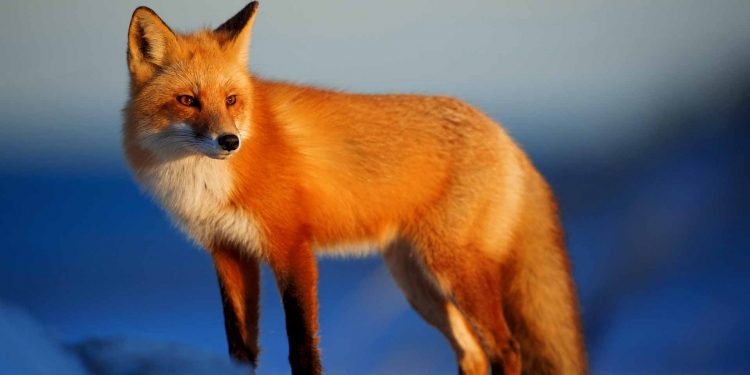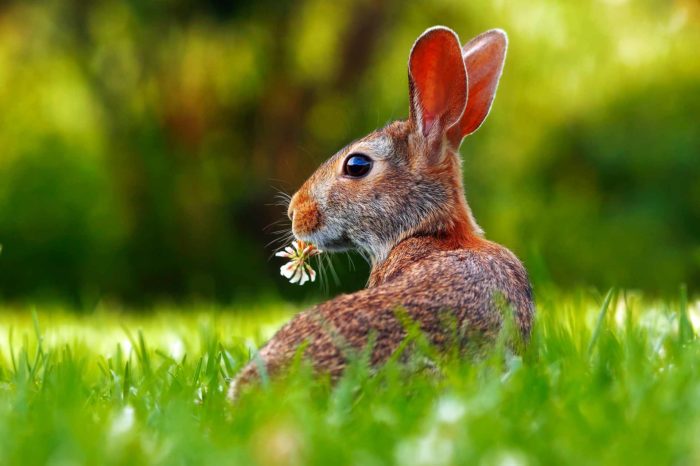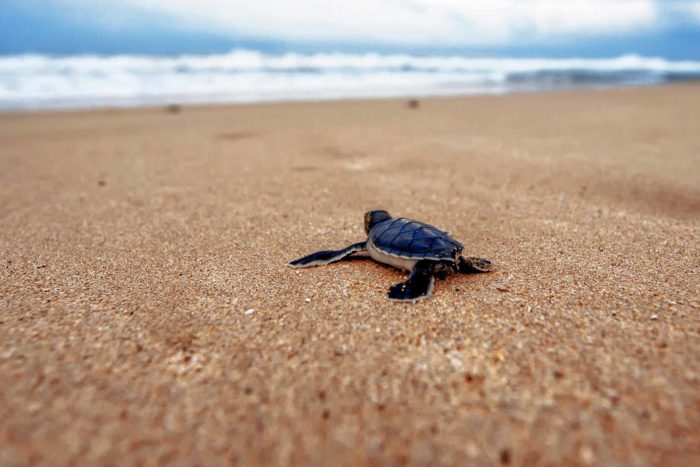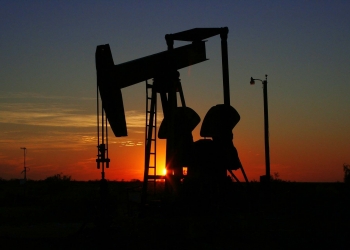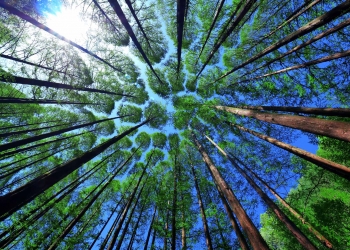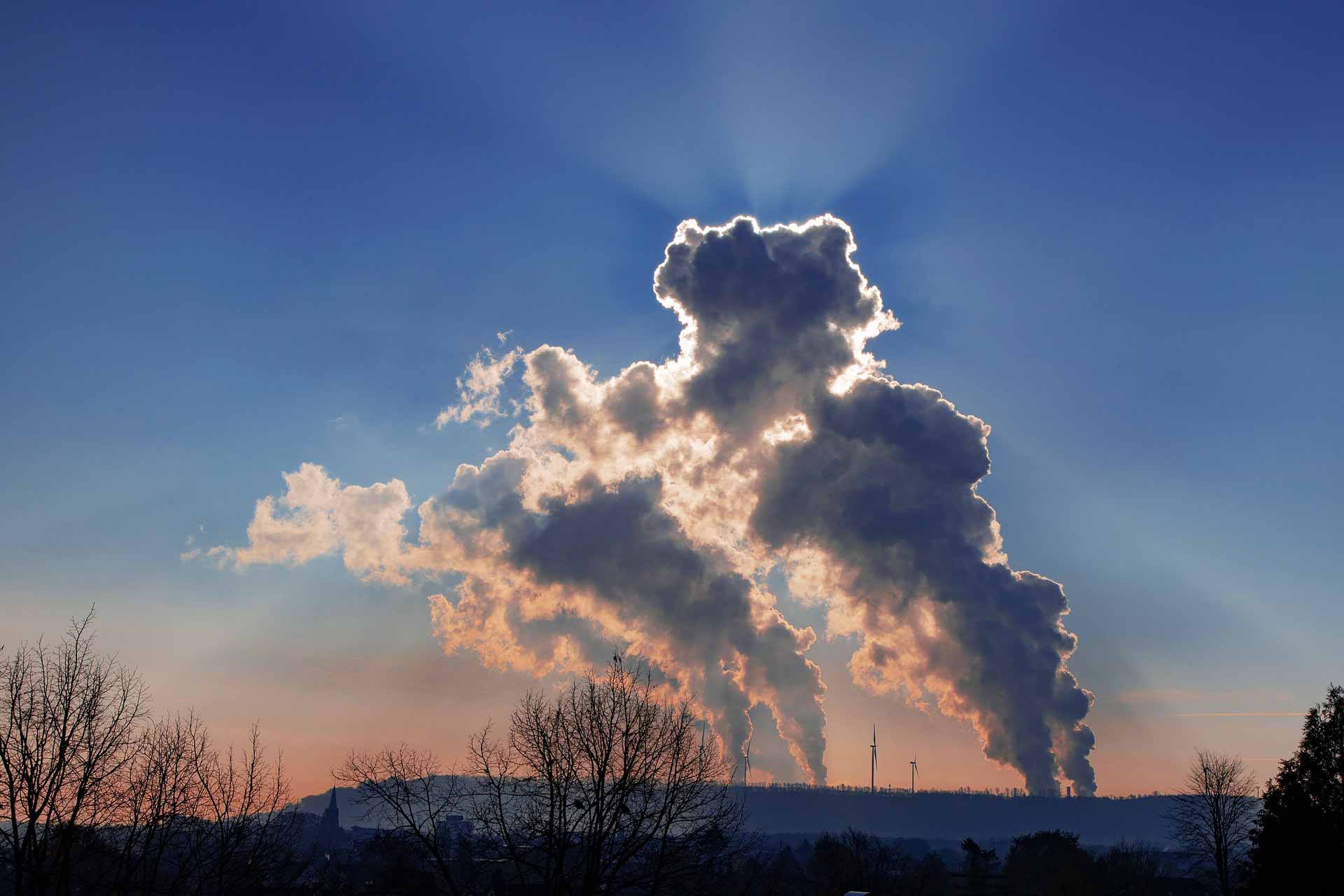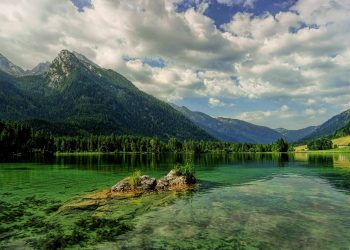We stroke, cuddle, cultivate and eat all manner of creatures. The human – animal relation is a mutually beneficial and dynamic relationship between people and animals. For Humans, animals are not just beings out there! They are embedded in our existence at every scale and in every environment.
We often hear the phrase “human-animal bond.” “Bond” seems to imply that all is warm and fuzzy and positive. But not all human-animal relationships are successful.
Humans just 0.01% of all life but have destroyed 83% of wild mammals – study
There is an urgent need to understand human-animal interactions and relations as we become increasingly aware of our devastating impact on the natural resources needed for the survival of all species.
The global impact of animal domestication and industrial farming and the impact of human consumption of wild species for food, entertainment, medicine, and social status describes the new human – animal relationship in 21th century!
EU citizens are becoming increasingly concerned. Today it is an important aspect of sustainability,and also of product quality, and may result in consumers refusing to buy products. Animal testing and wildlife trade are priority issues in Europe.
Wildlife trade
Wildlife trade refers to the commerce of products that are derived from non-domesticated animals or plants usually extracted from their natural environment or raised under controlled conditions. It can involve the trade of living or dead individuals, tissues such as skins, bones or meat, or other products.
Illegal wildlife trade
Illegal wildlife trade is widespread and constitutes one of the major illegal economic activities, comparable to the traffic of drugs and weapons. Wildlife trade is a serious conservation problem, has a negative effect on the viability of many wildlife populations and is one of the major threats to the survival of vertebrate species.
Happy #WorldAnimalDay! ?
Europe is home to the largest network of protected areas in the ?
Our goal is to keep protecting iconic animals from North to South and from East to West!
We work tirelessly to ensure Nature thrives.
?? https://t.co/mqv0ZtFHCX#Biodiversity2020 pic.twitter.com/qS75w7c3vz— EU Environment (@EU_ENV) October 4, 2019
Wildlife trafficking is the world’s fourth largest criminal activity with rhino horn now being worth more than gold.
Is there also legal wildlife trade?
Legal trade of wildlife has occurred for many species for a number of reasons, including commercial trade, pet trade as well as conservation attempts. Whilst most examples of legal trade of wildlife are as a result of large population numbers or pests, there is potential for the use of legal trade to reduce illegal trade threatening many species. Legalizing the trade of species can allow for more regulated harvesting of animals and prevent illegal over-harvesting.
Do you feel that protecting the ocean and its wildlife is challenging?
Animal testing
Within the EU itself, the sale of all animal-tested cosmetics has been banned since 2013. The lack of reliable data on cosmetics imported into the EU also remains a serious issue.
- 80% of countries still allow testing in cosmetics
- EU ban has not jeopardized cosmetics industry development
- MEPs call for UN convention
Proponents of animal testing say that it has enabled the development of numerous life-saving treatments for both humans and animals, that there is no alternative method for researching a complete living organism, and that strict regulations prevent the mistreatment in laboratories.
Opponents of animal testing say that it is cruel and inhumane and that alternative methods available to researchers can replace animal testing. They are so different from human beings that research on animals often yields irrelevant results.
According to the Special Eurobarometer survey No 442 of March 2016, 89% of EU citizens agree that the EU should do more to promote a greater awareness of the importance of animal welfare internationally, and 90% of EU citizens agree that it is important to establish high animal welfare standards that are recognised across the world.

